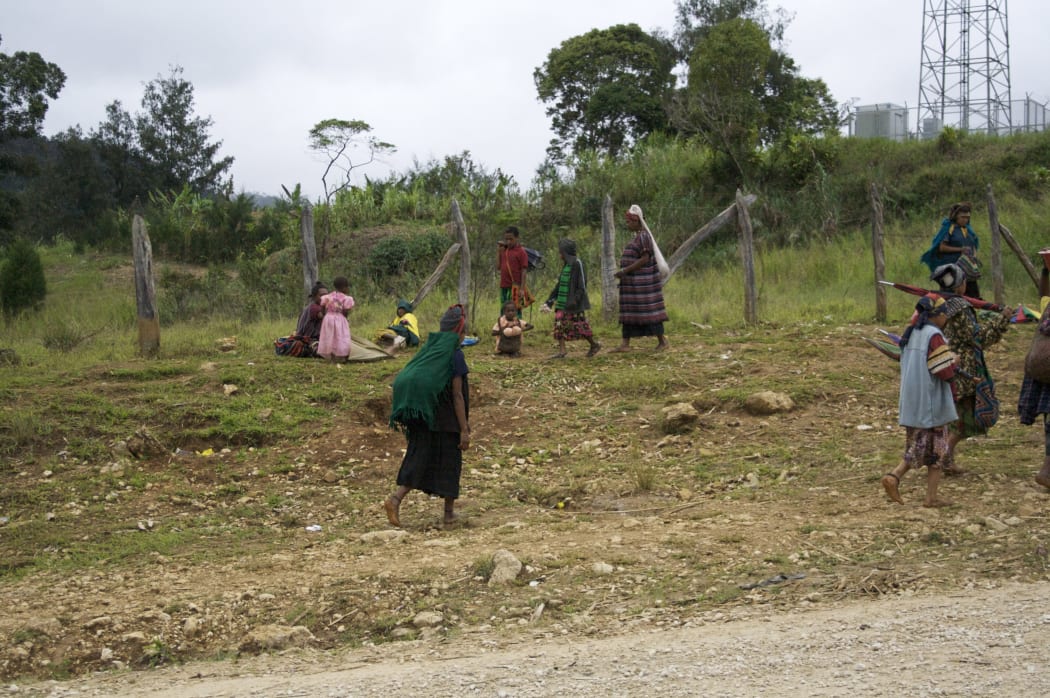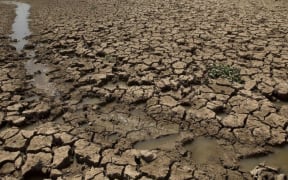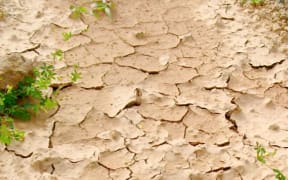The Governor of Papua New Guinea's Chimbu province says the national government has to make more of an effort to determine the numbers in the Highlands affected by the drought.
Much of the Highlands region has been affected by drought and frost which have destroyed food gardens.
The PNG Government started rolling out food aid several weeks ago but the Chimbu Governor Noah Kool says it is not enough.
He says Port Moresby has to under a proper assessment of the number of people affected and the help they will need for a drought expected to extend into 2016.
"They haven't come and assessed the drought properly. They are trying to do a blanket coverage by just dishing out food but the drought can't run away. The people affected are many, and with the rations they gave, it is insufficient to cover all there is."
Mr Kool's comments come after prime minister Peter O'Neill this week announced large quantities of rice and canned tuna had reached several parts of the Highlands.
He said the response had been carefully managed to ensure relief reached the families and communities who were in need.
So far the Government has reportedly allocated US$8.7 million dollars in relief aid, with Mr O'Neill saying relief supplies would continue until current climate issues were resolved.

Women and children in Papua New Guinea's Highlands region. Photo: RNZ / Johnny Blades
Last week, a disaster assessor who had just completed a two week-assessment of three Highlands provinces - Southern Highlands, Hela and Enga - said there was a desperate need for assistance in drought-affected parts of the region.
There are around a million people estimated to be affected by the drought in this remote region.
Matthew Kanua said that in the higher altitudes especially, the drought had devastated the staple crop, sweet potato.
"There's no other cash crops, and they're very, very remote. The common denominator there is poverty and remoteness, so basically the drought and the combined effect with frost has basically decimated the agriculture, their livelihood."
He said food security remained precarious and at a very advanced stage in many remote communities.
If they don't get any supplies in the next two to four weeks, a lot more people will be moving out, I think. Some people have already migrated to other parts of the Highlands, and others who don't have relatives elsewhere are stuck there, which is a very desperate situation. They need to be assisted very, very quickly."
Mr Kanua said that none of the communities he spoke to had received any relief assistance from the government.




